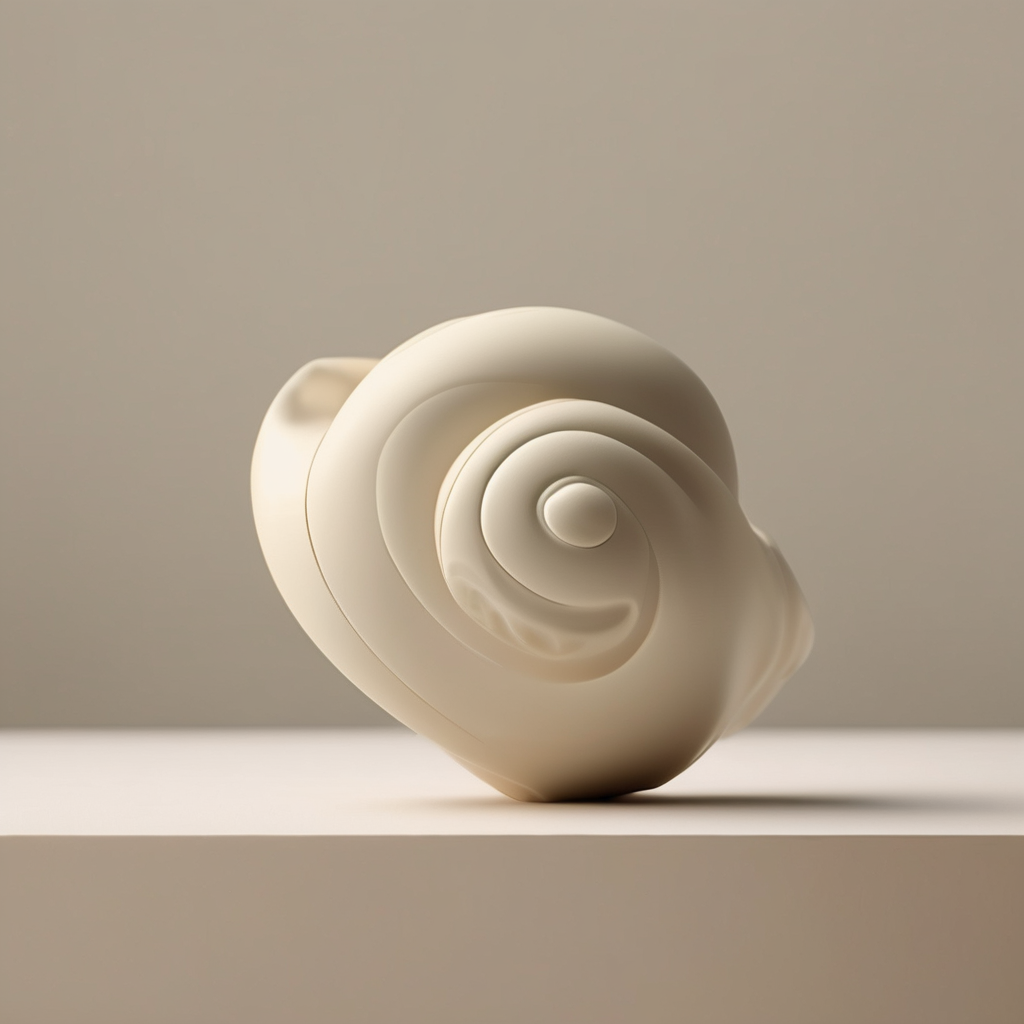Lynne Ramsay’s film “Die My Love,” based on Ariana Harwicz’s acclaimed novel, presents a visceral and hallucinatory portrayal of motherhood and mental health through the character of Grace, portrayed by Jennifer Lawrence. The narrative unfolds as Grace and her boyfriend, Jackson, played by Robert Pattinson, attend a seemingly typical children’s birthday party. While other young parents navigate parenthood with ease, Grace’s erratic behavior starkly contrasts with their calm demeanor. Her discomfort becomes evident when she allows a stranger to hold her baby and wanders off, lost in her thoughts and clutching a wine glass, exuding disdain or boredom.
The film cleverly navigates the complexities of post-partum depression and the stigma surrounding mental illness. Grace’s sharp retort to a well-meaning acquaintance — “That’s all anyone ever talks about,” in response to the notion that parenting can be challenging — highlights her struggle. It illustrates that while post-partum conditions are acknowledged, darker, more disruptive feelings often remain hidden and judged.
“Die My Love” diverges from typical issue-driven films, delving into a subjective experience of motherhood that emphasizes instinct over cognition. Grace’s journey becomes a reflection of the physical impulses and primal needs that accompany her new role as a mother. Lawrence’s performance embodies this “earthiness,” revealing a flesh-and-blood authenticity that endows Grace with a raw, unpredictable essence.
The film opens with Grace and Jackson exploring a dilapidated house in the countryside, a reflection of their burgeoning family life. Their intimacy falters as Jackson’s work demands more of his time, leaving Grace isolated and floundering. A barking dog adds to her sense of entrapment, pushing her mental state to a breaking point. Only Jackson’s mother, Pam, portrayed by Sissy Spacek, witnesses Grace’s unraveling, sensing that something is amiss.
The adaptation captures the shocking and poetic stylings of the source material while presenting the emotional tumult through Ramsay’s unique visual lens. The film reflects the duality of their idyllic life set against an eerie backdrop, where vibrant imagery conveys a deeper sense of dread. It evokes comparisons to classic cinematic portrayals of mental decline, such as Catherine Deneuve in “Repulsion,” signaling Lawrence’s commitment to her role as a feral, unpredictable woman.
Ramsay refrains from providing easy answers or diagnoses for Grace’s mental struggles, instead immersing the audience in her chaotic world. The film’s relentless pacing mirrors Grace’s turbulence, inviting viewers on a challenging yet engaging journey. While “Die My Love” presents harsh realities, it does so with an artistic fervor that sparks a conversation about the often unspoken challenges of motherhood and mental health, making it a compelling cinematic experience.
